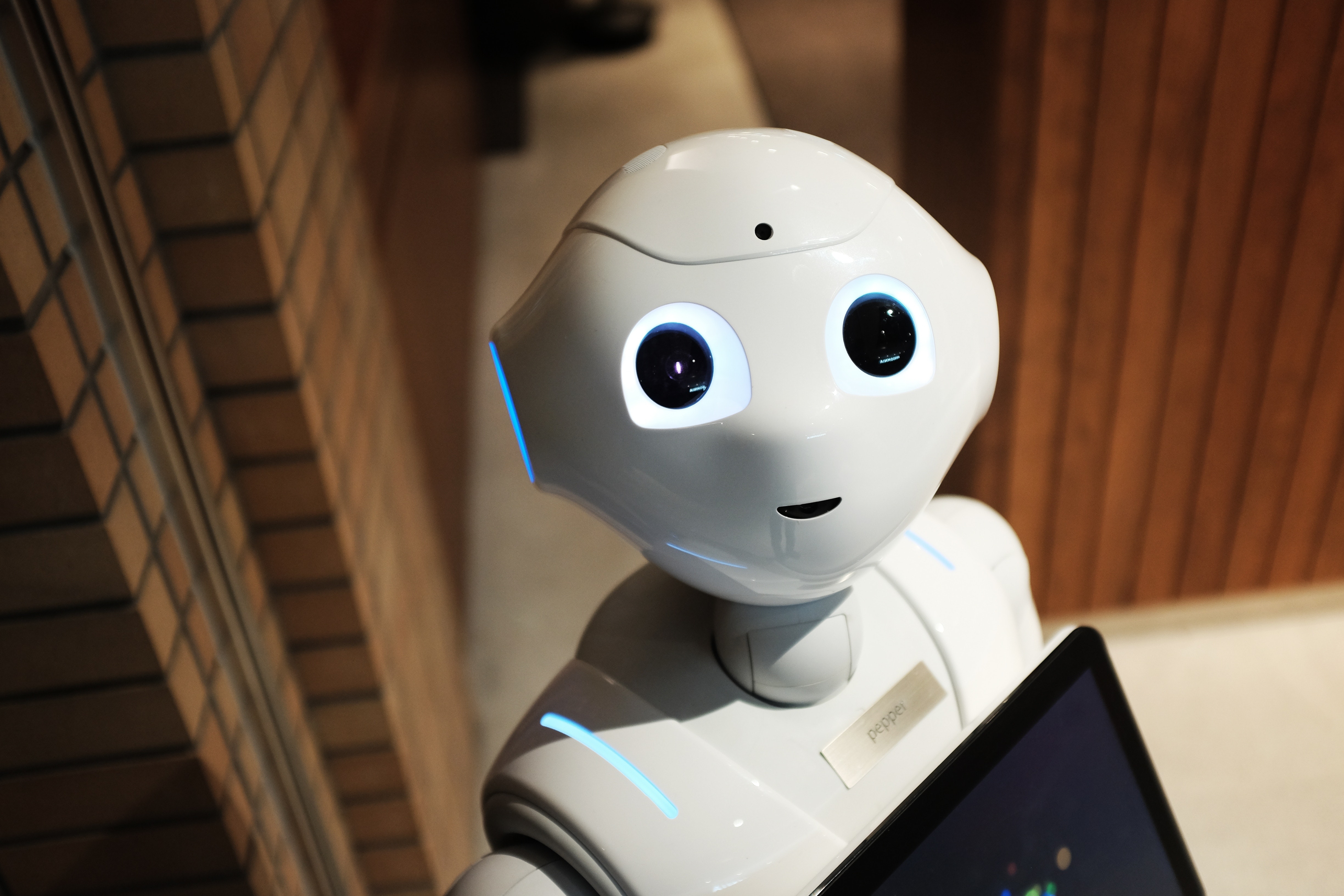Human-machine collaborations: ARE MACHINES REALLY SUBSTITUTING WORKERS?

“Are robots going to come and take our jobs?” – Is it just an irrational fear or the realistic future of the labor market?
Experts on artificial intelligence gathered at one of the sessions of the online international conference organized by the Organization for Economic Cooperation and Development (OECD) on the 3rd of February 2021 to address this issue. They presented some of their most valuable academic findings concerning the future of human-machine collaborations.
Employment levels remain similar as in the recent years
Despite the raising fears of skills and professions being substituted by artificial intelligence, Jacopo Staccioli from the Catholic University of Milan showed that the situation is not as worrying as many expected. Namely, research shows that although the number of labor-saving technologies is increasing, employment levels remain similar. For now, the effect on general workers’ unemployment has not been recorded, but the share of jobs related to AI has been rapidly increasing.
When it comes to labor-saving companies, Japan is on top with ten large labor-saving firms, while European Union comes second, and the United States of America third. Alexandra Cutean from Canadian Information and Communication Technology Council emphasized that technology is not going away. It will rebuild our economies in all parts of the world, and pandemics of Covid-19 has confirmed that.

The most endangered professions are linked to textiles, vehicles, iron, and steel
James Bessen, a professor from Boston University and the Executive Director of the Technology and Policy Research Initiative, explained that the most notable changes have been recorded in textile, primary iron and steel, and vehicle production. This means that there is going to be a change in the employment area, but not in decreasing the need for employees in general. Workers will need to adjust their set of skills towards the new positions.
Regarding the most endangered professions, Steven Miller from Singapore Management University pointed out an interesting fact about electric cars. While those kinds of vehicles will impact the environment positively, they will cause reductions in the general need for engineer manufacturers, as electric cars require fewer parts.
In the end, Gabriella Chiarenza from the Federal reserve bank of Boston tackled the issue of inclusiveness. Precisely, she warned that lower-income workers do not adapt to new channels, as well as high-income workers do. An interesting example is a LinkedIn platform where high-income workers promote themselves and their set of skills, which leads to growing disadvantages when it comes to low-income workers.
How to achieve inclusiveness?
The moderator Gabriela Ramos, Assistant Director-General for the Social and Human Sciences at UNESCO, concluded that we need to focus on making workers resilient, and give them opportunities. Companies need to start repurposing the employees by monitoring worker’s skills and exchanging their positions within the companies, for them to adjust to the new digital challenges.
By: Tea Mihanović